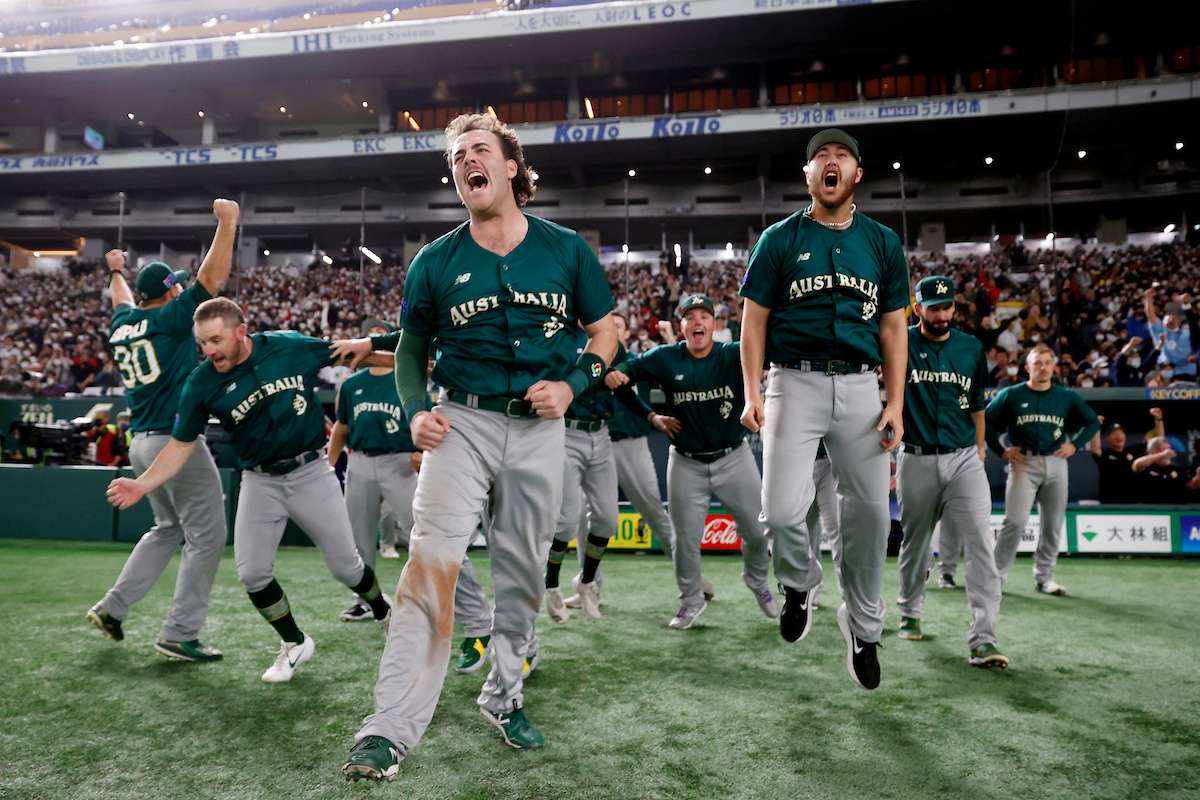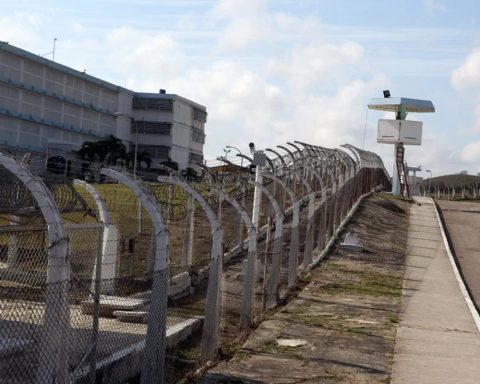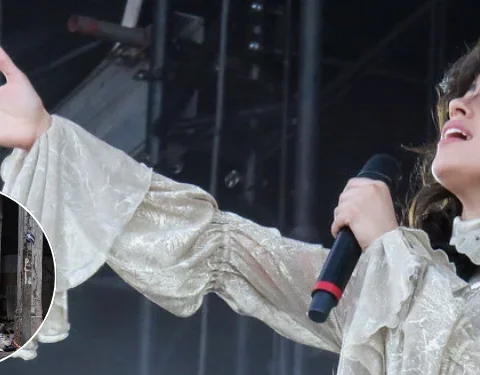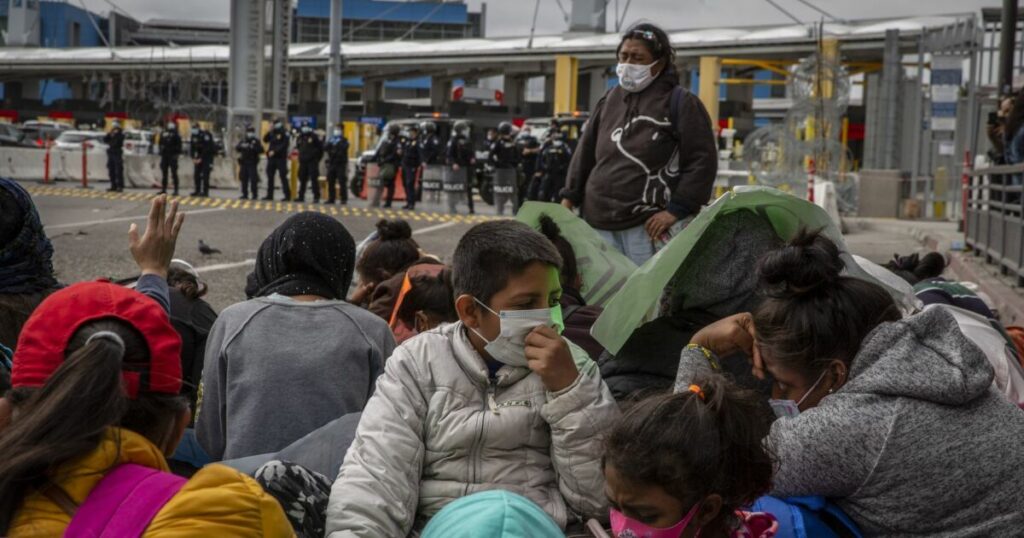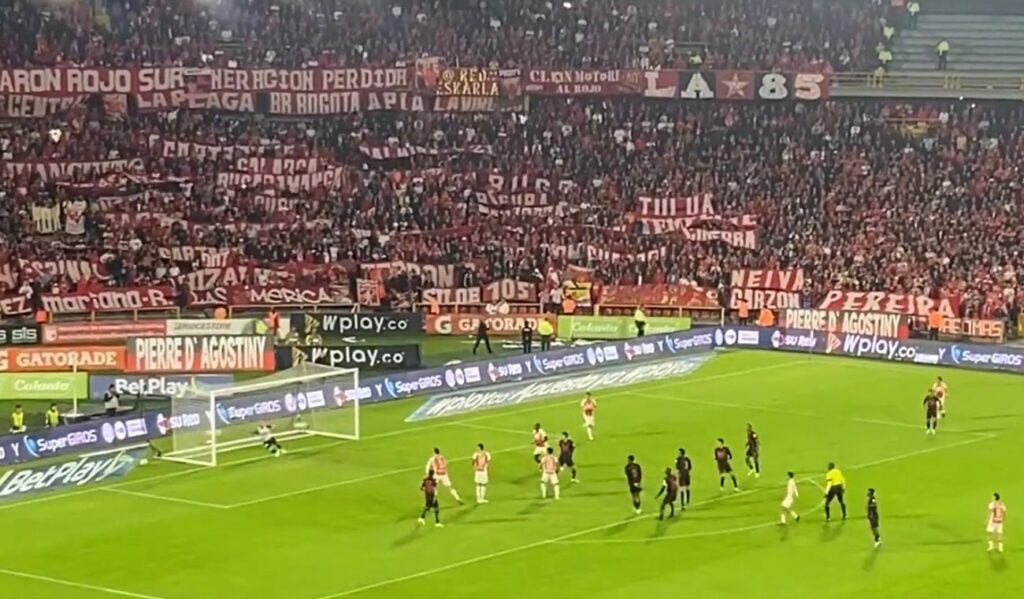If we go by the old baseball adage that a game can be won or lost by anyone, Cuba would not be as close to the semifinals of the V World Baseball Classic as many may think. However, the long paternity of the Antillean teams against Australia in top-level events invites optimism among fans of the island.
In the last 30 years, Cubans and Australians have collided 16 times in World Cups, Intercontinental Cups, Olympic Games, Premier 12 and World Classics, and the balance is overwhelmingly superior to the Caribbean squad, which has won 15 of those duels with a lonely defeat in the last century.
This data speaks of an overwhelming dominance of Cuba at different times and with different generations of baseball players. who defeated the aussies in the 2000 Sydney Olympic Games and in the 2001 World Cup, they were not the same ones that prevailed in the 2004 Athens final, in the 2006 Intercontinental or in the 2007 and 2009 World Cups.
Even in their most turbulent and lower-ranking times, the Caribbean teams have found the formula to unseat the Australians, as happened in the 2017 Clásico or in the 2019 Premier 12. Breaking the curse is now the biggest challenge for them, and they are aware that there may not be a better time.
“For several years, they have been one of the great powers in international baseball, but right now we believe that we are too. We belong in that conversation. So I think tomorrow night is going to be a great game and, again, I’m very excited about it,” pitcher Steven Kent, designated to start the game against Cuba, told the Japan Times.
The left-hander is one of the 14 Australians (only four are position players) who repeat on the roster compared to the last edition of the Classic. During the first round, Kent had an outing in Tokyo and it didn’t go well at all.
Against South Korea, he appeared in relief in the seventh inning, walked three and allowed three earned runs, so he will seek to redeem himself against a team that finished in style in Taichung, with 20 runs scored in two games.
However, there remains a feeling of irregularity in Cuba’s performance that opens a gap in possibilities for Australia, whose team has shown power: they were the second team with the most home runs (6) and the fourth with the highest OPS (.856) among the 8 who competed in the Asian groups.
“The goal is to win the game and get to Miami and the semifinals. That being said, we have to go out there and play fearlessly because we can’t be afraid of making mistakes. We just have to go out there, play the game. Our preparation has been really good for this World Classic, so we just have to go out there and play. We know how to play and lay it all on the line,” said Australian outfielder Tim Kennelly, one of the most experienced on the roster.
Kennelly collided against Cuba in the 2011 World Cup and suffered firsthand the attack of a team that won 14-0 in Chitré, Panama, 12 years ago, with highlights for Héctor Olivera, Frederich Cepeda, Yulieski Gurriel and Erisbel Arruebarrena. Precisely, the latter still wears the four-letter shirt and is one of the offensive leaders of the squad led by Armando Johnson.
But the biggest concern for Kennelly and company is not just about the Cuban force with the bat, but about the quality of their pitchers, who struck out 38 in the first four games of the Classic, the second most among all the teams included in the Clásico. asian groups.
Only Japan (54) retired more batters via strikes than Cuba, whose staff comes fresh and confident to a life-or-death duel. Yariel Rodríguez, a flamethrower who impressed in his debut against the Netherlands, will be the starter for the Caribbean team, and after him other arms with plenty of professional experience will take the mound.
Precisely, if Australia wants to break its curse against Cuba, it will need to blow up the planning of the Caribbean pitching. That will be the key in their aspirations, although they must also worry about the performance of their own pitchers, who posted a 5.03 ERA during the first round, with 19 walks and an average of 1.44 runners on base per inning. If they don’t come out fine, they can pay dearly for it.
